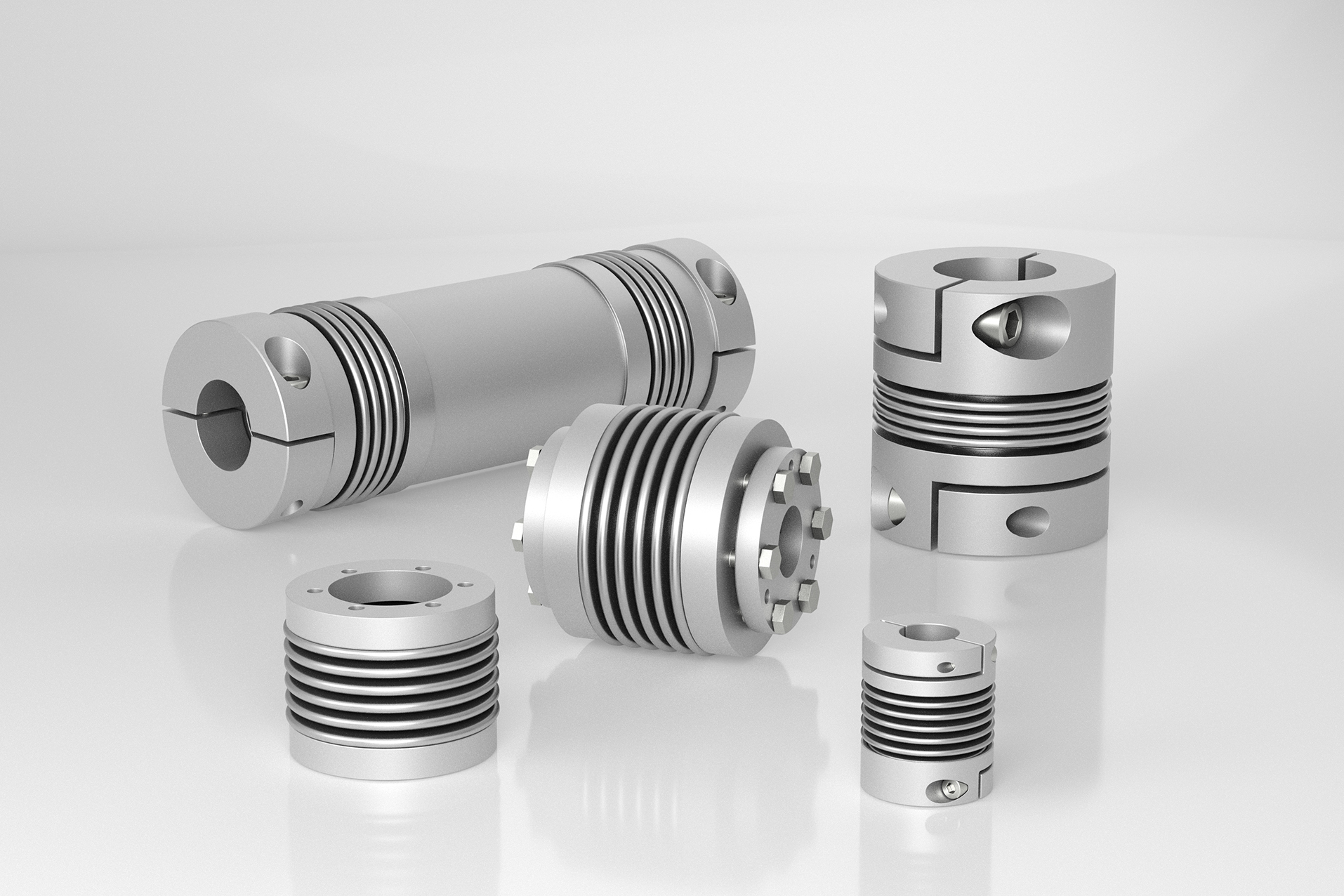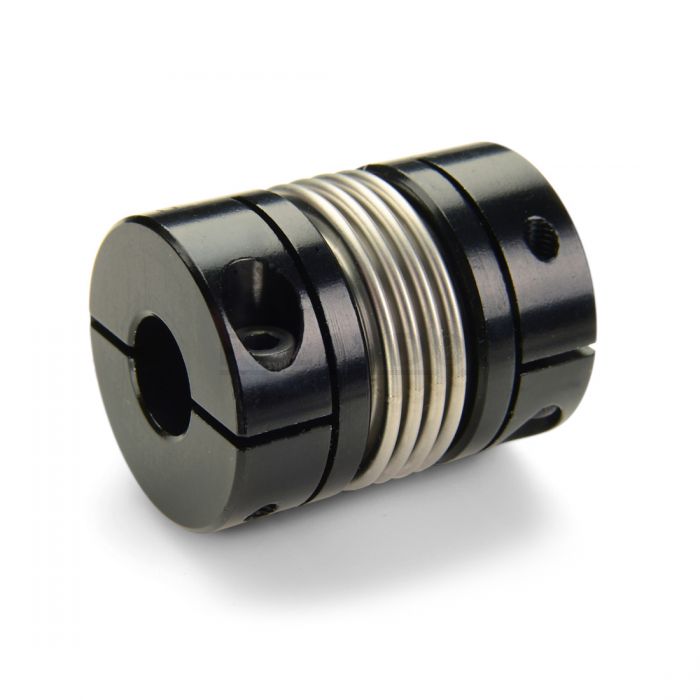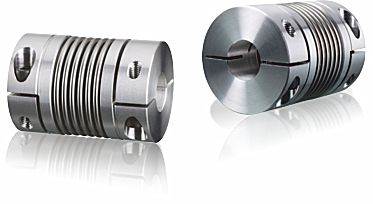Product Description
.
Quick Details
| Material: | Copper | Technics: | Forged | Type: | Coupling |
| Place of Origin: | QIngdao, China (Mainland) | Model Number: | AT 26 | Brand Name: | AT |
| Connection: | Welding | Shape: | Equal | Head Code: | Round |
| Certificates: | CE ISO | Usage: | Plumbing & CHINAMFG System |
Packaging & Delivery
| Packaging Details: | Export netural packing (PCV bag,inner white box,master carton, Pallet.) or Cutomized packing as request. |
| Delivery Detail: | 30-45 days after receiving deposit |
Specifications
1. Quality Priority
2. OEM service
3. reasonable price
4. oversea service support
5. 321 stainless steel
ABOUT US:
As your one-stop source, AT PRECAST,we design, manufacturer and distribute precast concrete accessories including the Lifting Systems and Anchoring systems Coil and Ferrule Inserts. for Concrete and Prefabricated area.
As a leader in developing concrete accessory products, our main goal is to produce products that are safer, faster and more cost efficient.
With more than totally 50 years working experience, our entire staff is dedicated to provide you with the best customer service and competitive prices. Our sales force are able to answer your questions quickly and offer you technical support .
Assurance:
100% quality manufacturing.
We guarantee that our products meet your supplied specifications
Extremely competitive pricing
Delivery to your port or front door
4 —- 8 week lead times
We handle all paperwork
Partial container orders
Flexible payment options
Unique tooling options
Full range of packaging options from bulk to retail ready
Complete testing services available
FAQs:
1. Where is your location?
We are located in HangZhou City of China and are closed to Airport. It takes 30minuts by car from Liuting Airport our company.
2. How long has the company been established?
AT INDUSTRY was established in 2009. There is 6 years exporting experiences.
3. How many employees do you have?
Administration / sales 4
Engineering / design as our partner 8
Production as our partners 120
Quality assurance / inspection 10
4. Which countries do you export to?
U.S.A, Germany, France, Italy, UK, Brazil, Middle east of Asia, Thailand,
5. What proportion of your goods are exported?
100% of our production are exported to all over the world.
6. How long does it take to receive samples?
a) Pattern:30-45days after order
b) Sample:30days after pattern finishing.
c) The lead time is the general production period and does not include the transportation time.
7. New product development process
Got tooling order and sample order with 50% deposit—Hold a meeting with the relation dept. to ensure the developing schedule—Design pattern, fixture and gauge and making them in our house—mold steel buying—Machining—Inspection—Send out the sample with initial inspection report.
8. How long is the manufacturing lead time?
Mass Production: 90days after sample approval by yours.
The lead time is the general production period including the transportation time.
We could make some special production arrangement effectively if customer has urgent need.
9. What basis can we buy goods?
We generally offer customers prices FOB& CIF (Carriage, Insurance & Freight). The CIF includes the freight cost to your nominated sea port.
We do provide clearance of goods which needs to be handled by a local freight forwarder.
All local costs and taxes are the responsibility of the buyer. We are happy to offer advisement on shipping if required.
10. What are the payment terms?
Payment terms are negotiable and will improve for long term customers.
During the initial stages, we request 50% of tooling fee in advance with the balance payable on acceptance of samples.
Production orders can be negotiable. We prefer 50% deposit and the balance by T/T before sails. But sometimes T/T 30 days after sails would also acceptable.
11. Which currency can we buy in?
We can deal in USD / Euro currency / GBP.
12. How long does it take to ship goods from China by sea?
It takes about 5 weeks to European ports plus 1 week customs clearance, so you can get the container within 6 to 7 weeks. It takes about 2 weeks to east coast and 3 weeks to west coast US ports. All sea goods are shipped from HangZhou Port.
13. How long does it take to ship goods from China by air?
It takes about 7 days to all major destinations.
14. Can we visit the factory to conduct an audit?
Yes, you are welcome to visit our partner factory by prior agreement.
15. How do we retain client confidentiality?
We are happy to CHINAMFG Confidentiality Agreements with customers and will honor them.
16. Which languages do we do business in?
Although we do business with many countries around the world, we can only communicate effectively in Chinese English.
All information supplied should therefore be supplied in this form.
17. Is there a minimum volume of business required to conduct international purchasing?
There are no minimum volumes, but the prices of the goods, plus the fixed costs of importing makes it more economical to buy in high volumes. All potential customers will be assessed on an individual basis to determine if it appears a viable option for all parties to develop a relationship.
18. What type of parts you are specialized in?
Our business contains 2 areas,
one is for construction precast including lifting system, rigging hardware metal parts.
Another is customized metal business of quality sand castings, investment castings, lost foam castings, hot forgings, cold forgings, stampings, machined parts, injectionmolded plastics parts, etc.
19. Which kind of equipments do you have?
Forging friction press 160Ton, 300Ton, 630Ton, 1200Ton
Casting CHINAMFG of 200kg, 500kg,1000kgs, 2000kgs
Press of 63ton, 120tons
CNC Machining center
CNC Vertical Lathe
CNC Lathe center
Boring machine
Drilling machine
/* March 10, 2571 17:59:20 */!function(){function s(e,r){var a,o={};try{e&&e.split(“,”).forEach(function(e,t){e&&(a=e.match(/(.*?):(.*)$/))&&1

What Materials Are Commonly Used in Manufacturing Bellows Couplings?
Bellows couplings are manufactured using a variety of materials to suit different application requirements. The choice of material depends on factors such as the operating environment, torque and speed requirements, and the presence of any corrosive or aggressive substances. Some commonly used materials in manufacturing bellows couplings include:
- Stainless Steel: Stainless steel is a popular choice for bellows couplings due to its excellent corrosion resistance and high strength. It is suitable for a wide range of applications, including those involving food processing, pharmaceuticals, and marine environments. Stainless steel bellows couplings are durable and can withstand harsh conditions.
- Aluminum: Aluminum is known for its lightweight properties, making aluminum bellows couplings ideal for applications where reducing the overall weight is crucial. While not as corrosion-resistant as stainless steel, aluminum couplings are still suitable for many industrial settings and are often used in robotics, automation, and aerospace industries.
- Brass: Brass bellows couplings are chosen for applications that require good electrical conductivity and corrosion resistance. They are commonly used in electrical and electronic equipment, as well as in environments where brass is a preferred material for specific compatibility reasons.
- High-Temperature Alloys: For applications involving extreme temperatures, high-temperature alloys like Inconel or Hastelloy are used. These materials can withstand elevated temperatures while maintaining their mechanical properties, making them suitable for applications in the aerospace and automotive industries.
- Titanium: Titanium bellows couplings are used in applications requiring a combination of high strength, low weight, and excellent corrosion resistance. They are commonly found in aerospace, marine, and medical equipment where the coupling needs to endure aggressive environments.
The specific material chosen for a bellows coupling depends on the operating conditions, budget constraints, and performance requirements of the application. It’s essential to select a material that can withstand the demands of the environment while ensuring reliable and efficient power transmission in the system.

How do Bellows Couplings Compare to Other Coupling Types, such as Flexible or Rigid Couplings?
Bellows couplings offer distinct advantages and characteristics that set them apart from other coupling types, such as flexible and rigid couplings. Here is a comparison of bellows couplings with other coupling types:
- Flexibility: Bellows couplings are a type of flexible coupling. They provide excellent angular and axial misalignment compensation while maintaining a high level of torsional rigidity. This flexibility helps to reduce stress on connected equipment and allows for smooth operation even in misaligned conditions.
- Compensation for Misalignment: Flexible couplings, including bellows couplings, can accommodate both angular and parallel misalignments. They are designed to allow a certain degree of relative movement between shafts, which helps prevent damage to shafts and connected equipment due to misalignment or vibration.
- Compactness: Bellows couplings are compact and lightweight, making them suitable for applications where space is limited. The absence of additional components, such as elastomeric elements found in other flexible couplings, contributes to their compact design.
- Torsional Stiffness: Compared to some other flexible couplings, bellows couplings offer higher torsional stiffness. This characteristic ensures efficient torque transmission and precise motion control, making them suitable for applications demanding high torsional rigidity.
- Backlash: Bellows couplings typically have minimal backlash due to the absence of mechanical play or components that can introduce free movement. This characteristic allows for precise positioning and control in motion systems.
- Electrical Isolation: Unlike rigid couplings, bellows couplings provide electrical isolation between shafts, making them ideal for applications where electrical continuity must be maintained or avoided between the connected components.
- Resonance Damping: Bellows couplings can help dampen vibrations and reduce resonance in rotating equipment. This characteristic contributes to smoother operation and prolongs the life of connected components.
On the other hand, rigid couplings are suitable for applications requiring precise shaft alignment and no flexibility. They provide a solid and direct connection between shafts, ensuring efficient torque transmission without any loss due to misalignment. However, rigid couplings cannot compensate for misalignment and are more prone to stress concentration in case of shaft misalignment or vibrations.
While flexible couplings, including bellows couplings, offer misalignment compensation and flexibility, they may have slightly lower torsional stiffness compared to rigid couplings. However, their ability to handle misalignments and provide damping characteristics often outweigh this consideration in many motion control applications.
In summary, bellows couplings combine flexibility, torsional stiffness, electrical isolation, and vibration damping features, making them a versatile choice for various precision motion control applications.

Where can I find reputable suppliers or manufacturers of bellows couplings for my specific machinery requirements?
If you are looking for reputable suppliers or manufacturers of bellows couplings to meet your specific machinery requirements, there are several avenues you can explore:
- Online Directories: Utilize online industrial directories and platforms that specialize in connecting buyers with suppliers. Websites like Thomasnet, Alibaba, and GlobalSpec can help you find a wide range of bellows coupling manufacturers from around the world.
- Trade Shows and Exhibitions: Attend trade shows and exhibitions related to your industry. These events often host numerous suppliers and manufacturers showcasing their products, including bellows couplings. It provides an excellent opportunity to meet the suppliers in person, discuss your specific requirements, and evaluate the products firsthand.
- Industry Associations: Reach out to industry associations and organizations relevant to your field. They can often provide valuable recommendations and a list of reputable suppliers who cater to your machinery needs.
- Referrals and Recommendations: Seek referrals and recommendations from colleagues, business partners, or other professionals in your industry who have experience with bellows couplings. Their insights can help you find trustworthy suppliers.
- Online Research: Conduct thorough online research to identify manufacturers with a strong reputation, positive reviews, and a history of delivering quality products. Check their websites, customer testimonials, and ratings on review platforms.
- Supplier Directories: Some industries have specific supplier directories or databases that provide information about verified suppliers and manufacturers. Consult these directories to find suitable bellows coupling suppliers.
When evaluating potential suppliers, consider factors such as product quality, pricing, lead times, customer support, and the ability to customize products to meet your machinery’s specific requirements. It’s also essential to request samples, product catalogs, and quotes from multiple suppliers to make an informed decision.
Always choose a supplier with a track record of delivering high-quality bellows couplings and excellent customer service to ensure a successful partnership for your machinery needs.


editor by CX 2024-02-24
